This Oceanic Feeling's Chris Braide talks band's debut album, songwriting and Sia
Writer/producer for Beyoncé, Paloma Faith and Lana Del Rey on new project
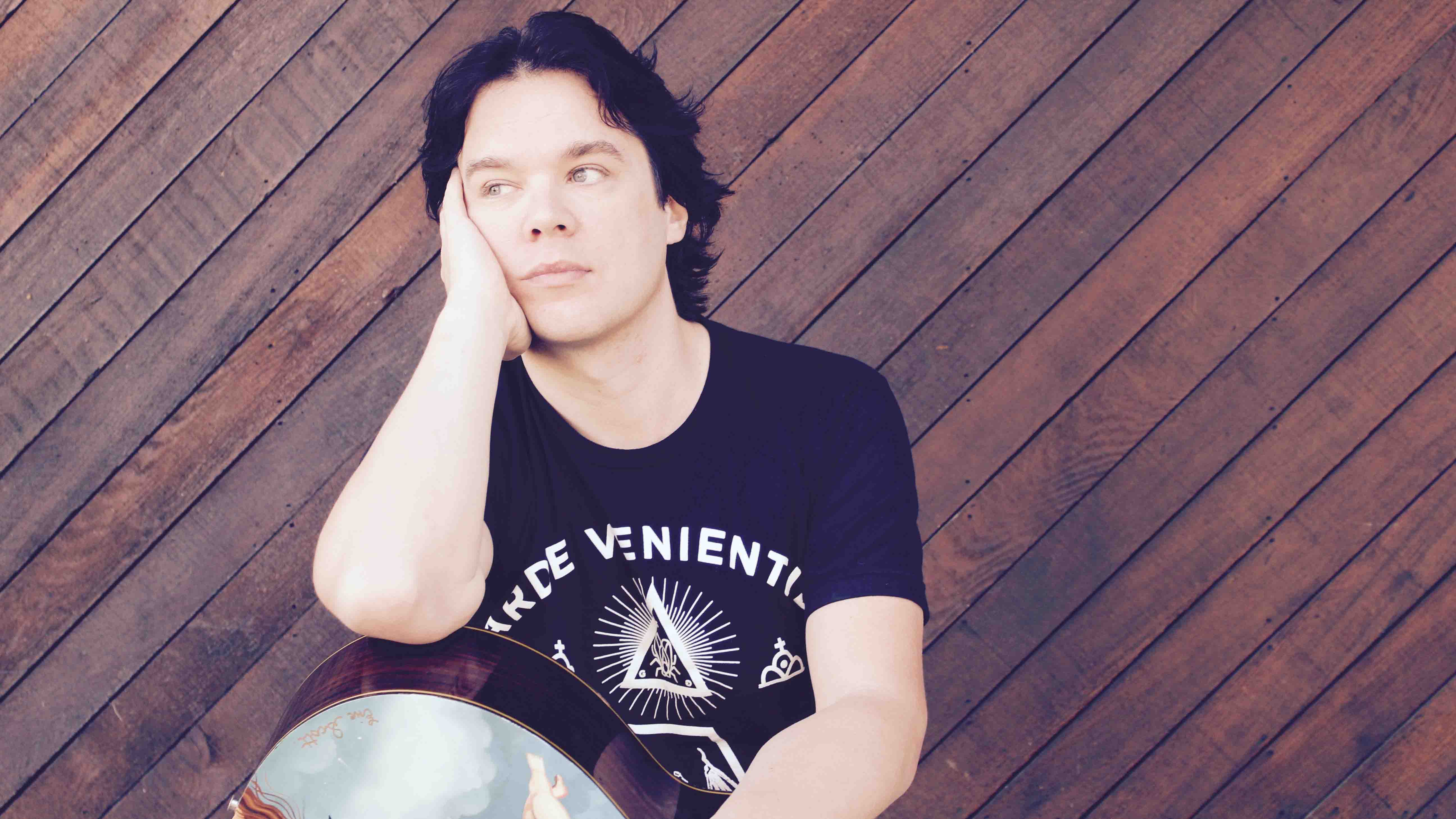
Introduction
Chris Braide has been in the business since he was 16, and his songwriting and producer credits read like a who’s who of pop. Sia, Paloma Faith, Britney, Beyoncé and Lana Del Rey – he’s worked with them all.
But on Universal Mind, the debut LP of This Oceanic Feeling, Braide takes centre stage on keys and vocals for a prog-inflected project that’s fits somewhere between early ‘80s Yes and Duran Duran on the pop-cultural spectrum.
Joining Braide is the formidably talented bassist Lee Pomeroy and drummer Ash Soan, with whom Braide played with in Trevor Horn’s pop supergroup The Producers.
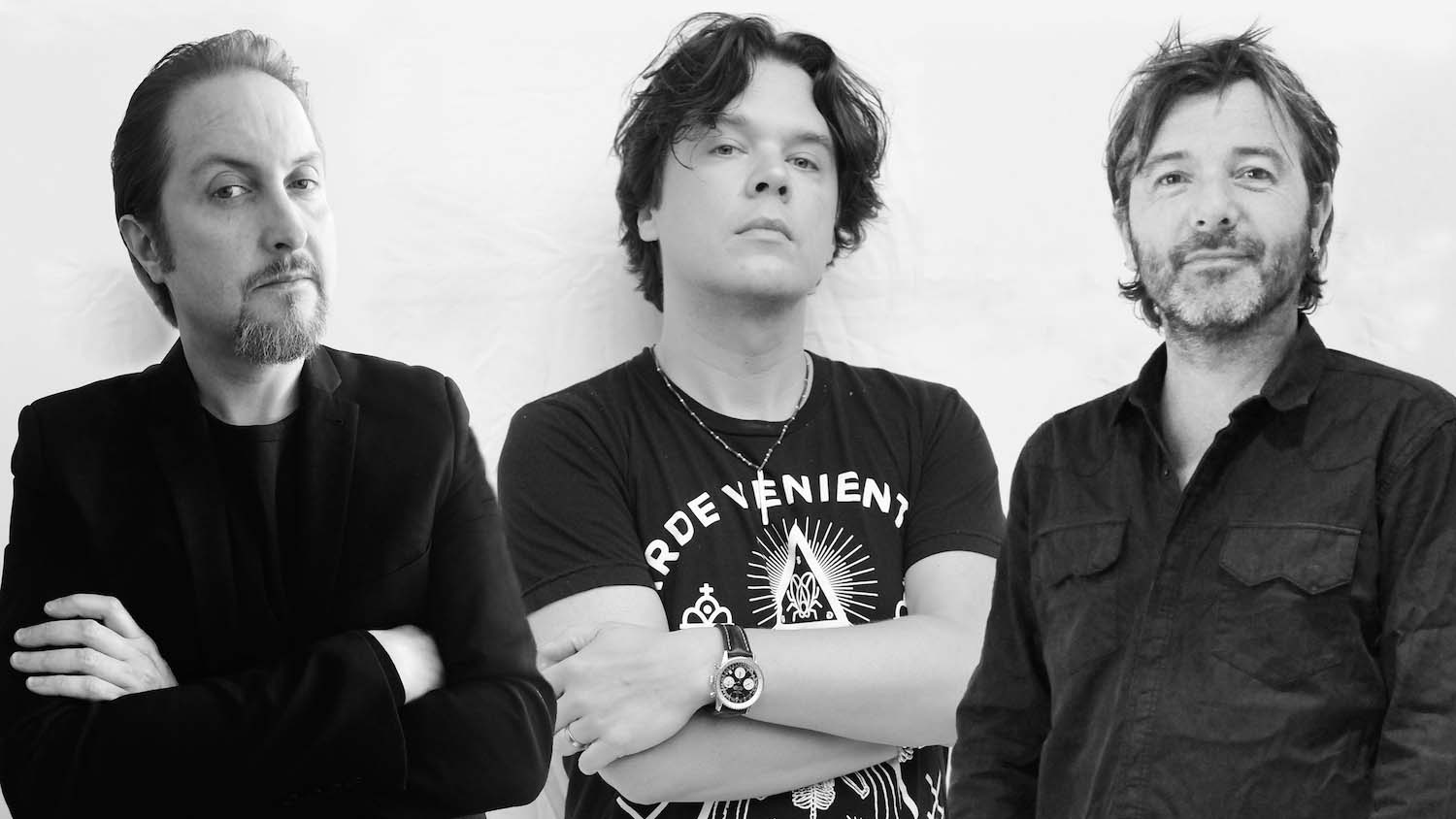
This Oceanic Feeling
What’s the significance of This Oceanic Feeling?
“This Oceanic Feeling is one of those Freudian things, but I’ve always been kind of fascinated by Arthur Koestler’s suicide note. It’s a little bit dark, but he got very sick towards the end of his life. He got leukaemia and he just decided, ‘Fuck this, I’m not going to spend the rest of my days suffering dreadfully.’
“So he took his own life, but before he did he left a note… He described the feeling that he had before taking his life as this oceanic feeling of peace, and I took that out of it as a really positive thing. I thought that was really good. That’s what I, [what] we’re all searching for: that internal peace. The waves on top might be 80-feet high but underneath is still, and that’s what This Oceanic Feeling meant to me."
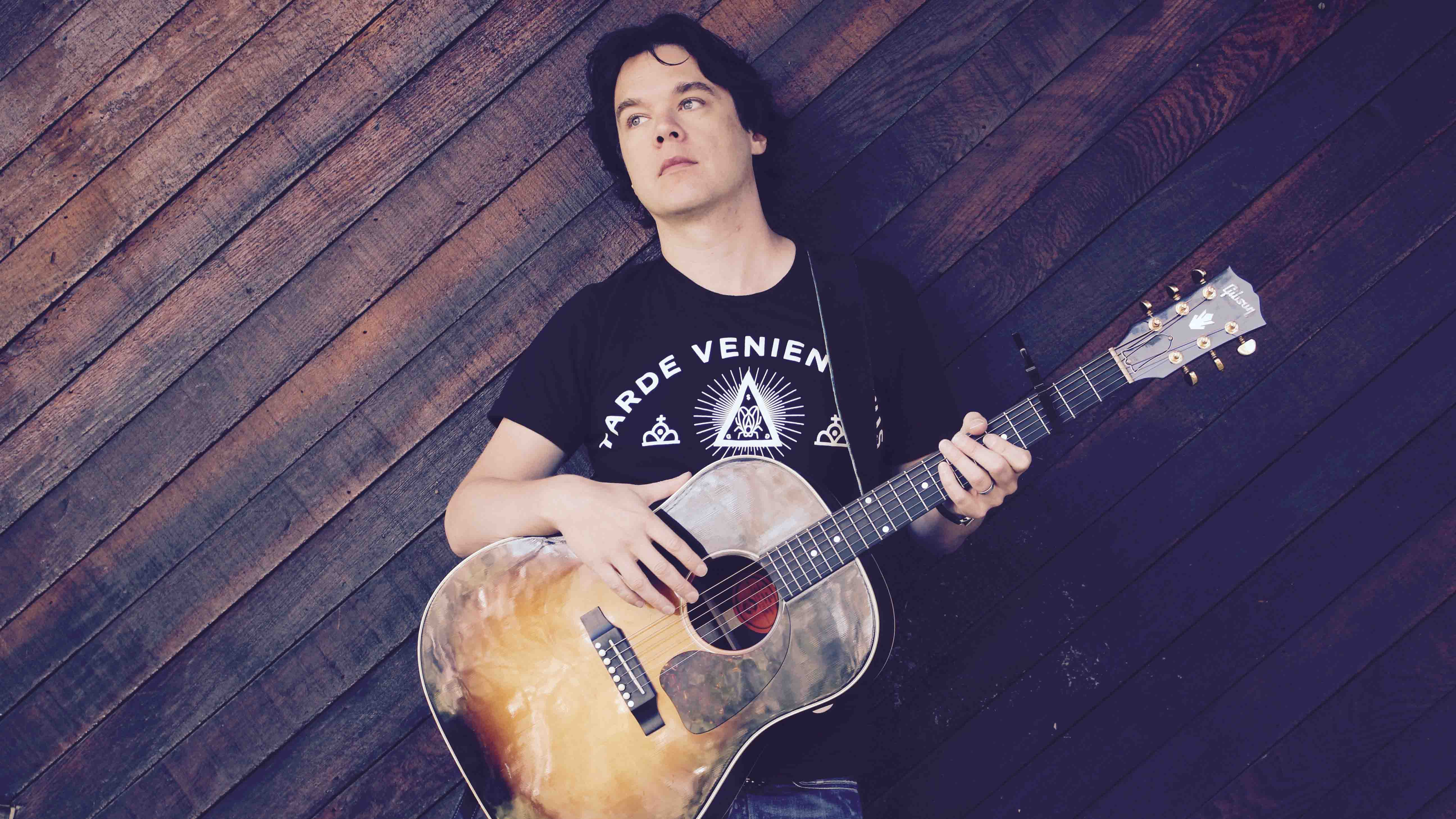
Long-distance pop
You recorded Universal Mind in another continent from Lee and Ash.Are there any advantages from collaborating over a distance?
“I worked on Marc Almond’s last album [The Velvet Trail]. I’ve always been a huge fan of Marc… that was the first time I had ever worked like that. Both Marc and I agreed that the inhibitions were non-existent. Sometimes you can get frightened of someone else’s opinion, or you’re scared to sound like an idiot. I could just be really bold musically and he could be as flamboyant as he liked without being watched, and it was just fantastic.”
You can control the energy.
“That’s absolutely right. If you’ve had enough you can just turn off, have a break, and come back to it, and really what’s the main aim? To make a great record. It’s not really to have fun… I loved doing my bits and they loved doing theirs, but that’s not the aim. My favourite records were always those sort of fab pop studio records. I always loved early bands like Soft Cell and Human League, and New Musik and obscure acts like that, that were very studio-based bands. I love the art of the studio. I always have done.”
There was a sort of alien, artificial vibe to early pop that was extremely alluring.
“Absolutely. Marc Almond and I talked about that at length, how we both loved Top Of The Pops when it was all miming, and all of the sort of do-gooders came out in the late ‘80s and said that music should be live and all that, ‘Make them sing live!’ It was fantastic, it was really edgy and it was all part of the slightly throwaway kitsch idea of pop music.”
Is there as much personality in contemporary pop as there was in the ’80s?
“There are definitely a few people out there that have got bags of personality. I write a lot with Sia and you don’t get more personality than her – she’s full of it, and brilliantly talented.
She’s everything that all great pop stars ever were, and she’s got heart. She’s almost old-school in a way. She’s got real conviction: she really means everything that she sings. Even when you think it’s some kind of throwaway thing, it’s all based on something that is felt, and I think that’s the thing I miss a little bit.
You think back to Paul Weller, who was 20 when writing In The City, stuff like that, and Going Underground, talking about the atomic arms race and Thatcher, and it all really meant something.”
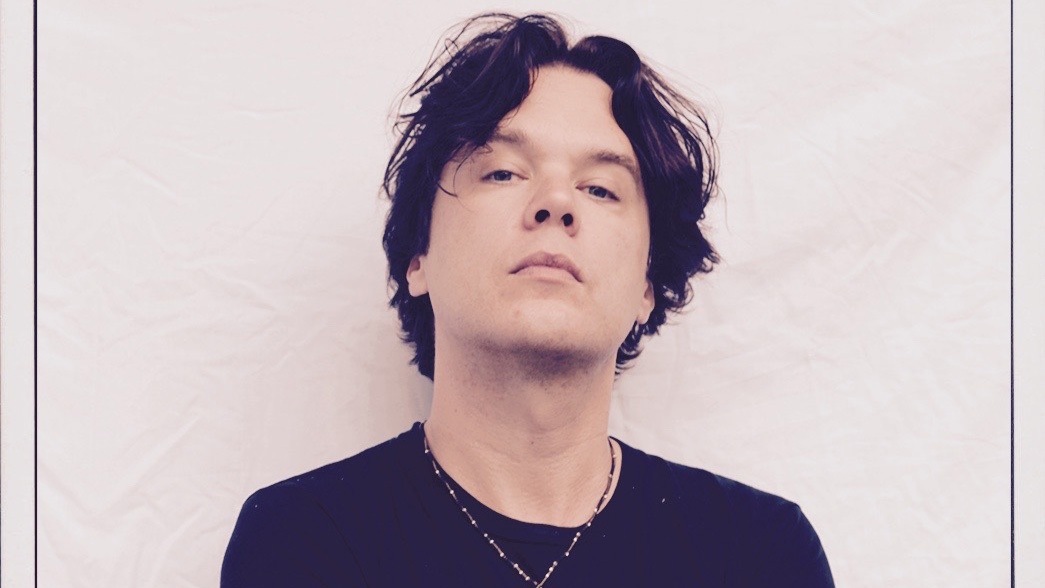
Songwriting
Do your songs always come together at the piano?
“It changes every time, but generally I write at the piano because that’s where I feel like I can be in touch with the emotional side of music. Guitar, yes, but it’s slightly different. You have a bit more of a swagger with guitar whereas with piano I am just totally into the emotional side of music.”
Do you have a philosophy to songwriting?
“You should always write from your feelings. The songs that I like to write are the songs that are about something, almost like little diary entries. They are always my favourite songs, and they are my favourite songs to listen to as well. That’s why I am a big fan of Marc Almond, ‘cos he always wrote things that he was experiencing, or the way he saw the world.”
You’ve worked with so many great artists, some like Marc Almond are heroes to you, but is there anyone with whom you share a particularly special chemistry?
“I do love the songs that Sia and I write because I feel we are both in touch with something sort of special and emotional; it’s not cookie-cutter, as they say here [in Los Angeles].”
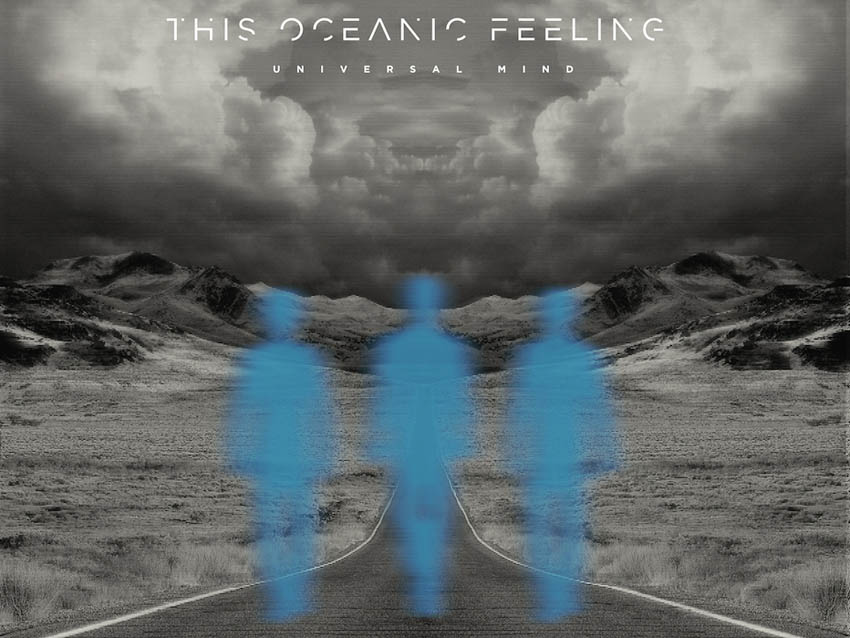
Busy band
Are you going to tour with This Oceanic Feeling?
“It’s just a logistical nightmare. The drummer is playing with The X Factor. If you watch The X Factor, he is the drummer; that’s who Ash Soan is at the moment, and he is booked for rehearsals, and every night is filming.
"Lee is playing with ELO, the great ELO, which is fabulous, and I am making countless records with this, that and the other. I just like making great records, and if the chance comes to play some of it live I think we will be able to do it and I think that it would be good, but it’s who knows when.”
Jonathan Horsley has been writing about guitars and guitar culture since 2005, playing them since 1990, and regularly contributes to MusicRadar, Total Guitar and Guitar World. He uses Jazz III nylon picks, 10s during the week, 9s at the weekend, and shamefully still struggles with rhythm figure one of Van Halen’s Panama.
